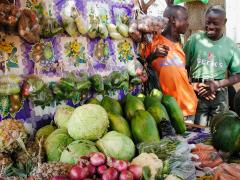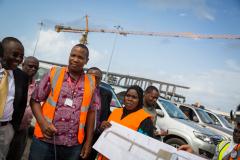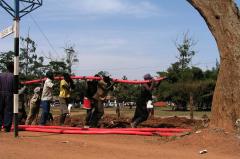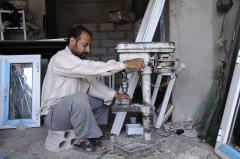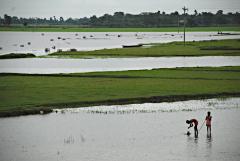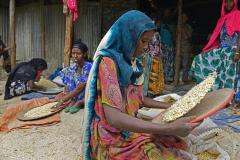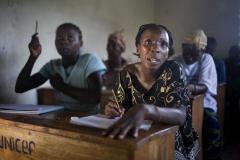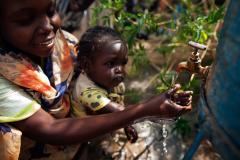Strengthening Investment Promotion Regimes for Foreign Direct Investment in the LDCs (2015)
Foreign direct investment (FDI) plays an important role in the world economy today and has the potential to contribute towards accelerating the process of economic growth and sustainable development in the least developed countries (LDCs). The Istanbul programme of Action for the LDCs stresses that “policies to attract and retain foreign investment are essential components of national development strategies.”



